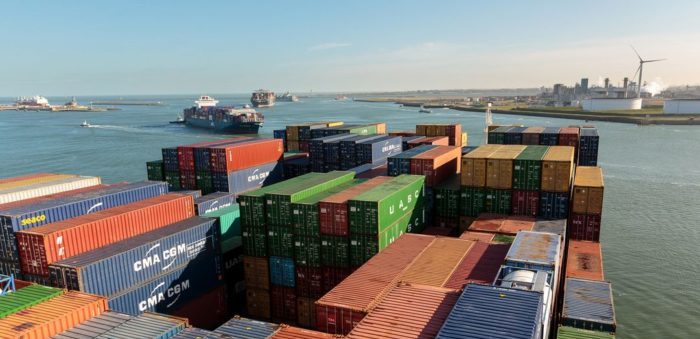Satellite connectivity is proving its worth for crew wellbeing. IEC Telecom reports that it has seen a spike in maritime communications traffic over the past week, driven by an increase in the number of calls made to Ukraine amidst the ongoing Russian invasion.
IEC’s data for the past month shows that calls are up by 30 percent, with the majority of the increase occuring over the past seven days. The extra traffic is primarily from shipboard sources to Ukraine, which provides a substantial share of the world’s maritime officers and enlisted seafarers.
“We noted the sudden rise in the use of our services and could see clearly that this corresponds with the outbreak of hostilities. IEC Telecom has a long history of helping humanitarian efforts and we want to do all we can to help those affected by what’s happening in Ukraine,” said IEC Group CCO Nabil Ben Soussia.
The company has reduced its rates to allow vessel operators to give their Ukrainian crewmembers more internet access and call time. Many have family in regions that are currently occupied or under attack, like Mariupol, which has been besieged and subjected to constant shelling.
To help keep affected seafarers and their families in touch, IEC has cut its rates down to $0.35 cents per minute for phone calls to Ukraine, and it is giving shipowners a 20 percent discount on its prepaid call cards.
Ukrainian crewmembers who serve aboard vessels without satcom connectivity have a harder time staying in contact with home, and that may take time to change, said Ben Soussia. Due to the global microship shortage – an after-effect of the COVID-19 pandemic – there is a 3-6 month wait for VSAT systems. A more immediate fix is the installation of a dedicated voice terminal, as the simpler voice-only satellite phone systems are still in stock and available – at least for now.
“Don’t wait for problems to impact your crew. Put something in place now to ensure you have a welfare communications system onboard your vessel,” Ben Soussia advised.
Source: The Maritime Executive






